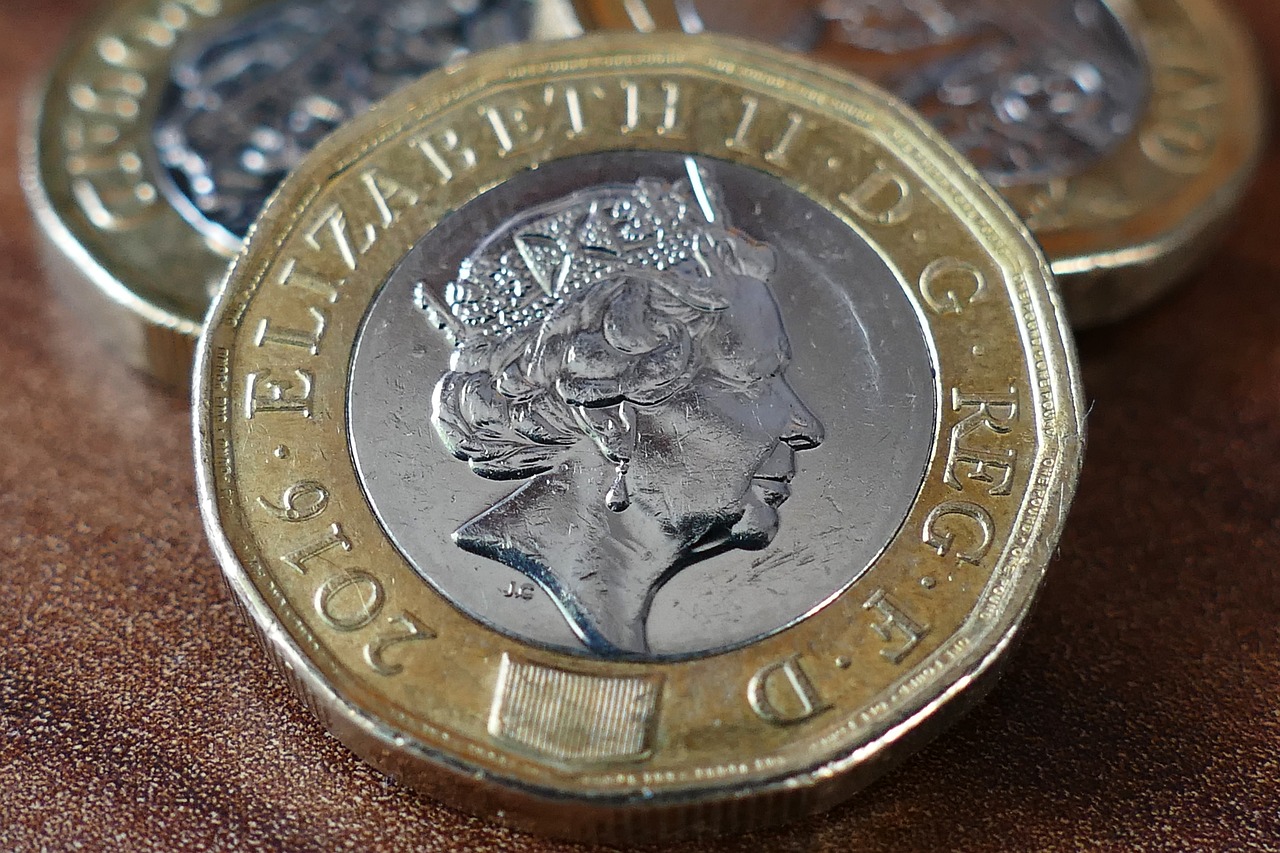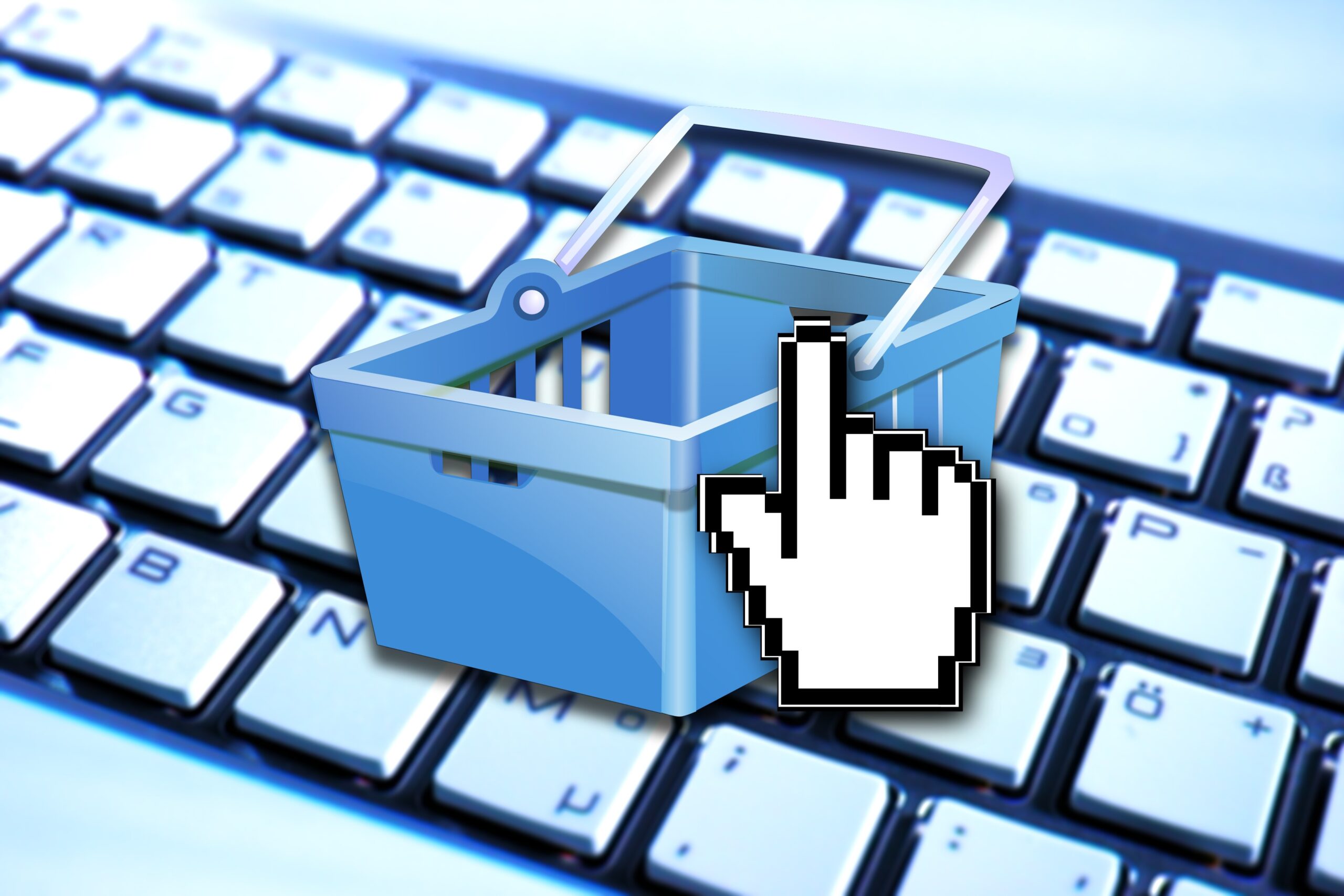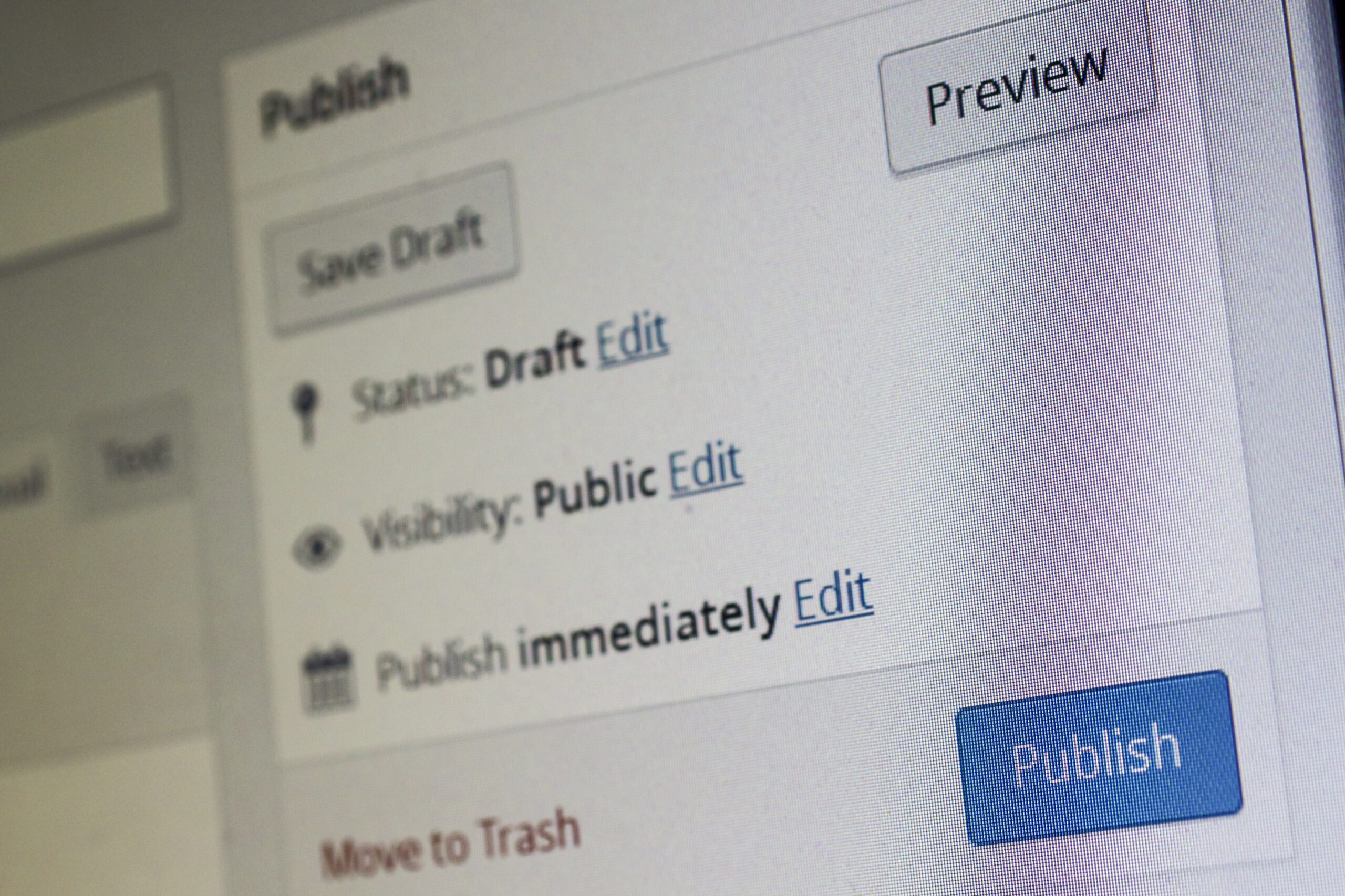MPs have voiced concerns following the publication of a report from campaign group Big Brother Watch urging government to learn from the ‘many problems’ of previous rollouts in other countries
A report has argued that the proposed digital pound could be “detrimental to people’s privacy” and worry Government could use it to track people’s spending habits.
The CBDC: a privacy eroding pound paper from campaign group Big Brother Watch has claimed a Central Bank Digital Currency (CBDC) could be a “disaster for privacy”. The group has urged the government and Bank of England to rethink the policy before enacting any proposals.
Its research includes analysis from seven major case studies on trials of CBDC in countries including China, Israel, Jamaica, Sweden, Nigeria, Uruguay and the Eurozone. The group claimed the example of these countries shows that a CBDC cannot offer the same privacy protections as cash, could exacerbate financial exclusion, and said the project remains “a solution in search of a problem”.
Susannah Copson, legal and policy officer at Big Brother Watch, said CBDC projects have consistently had a low uptake and poor outcomes paired with “real threats to human rights and civil liberties”.
“Just as has been the case for international CBDC projects, the UK government is yet to show why we need UK CBDC – particularly given the series of risks to fundamental rights and freedoms,” Copson said. “It is vital that the government now take notice of the many problems international CBDC pilots have encountered and rethink their current plans for a centralised digital pound.”
A UK CBDC, informally known as Britcoin, would be a digital version of the pound, provided and supplied by the Bank of England. It would be used by consumers and stored in virtual wallets run by private banks, and spent like cash. People would not be able to build interest on digital pounds like cash.
Proponents of a CBDC have claimed a UK CBDC could promote stability in the UK economy at a time when new types of digital money known as cryptocurrencies have flooded the market. They include well-known names such as Bitcoin, Dogecoin and Ethereum.
Related content
- Head of specialised parliamentary group raises privacy fears over digital pound
- No crypto in government reserves, Treasury minister confirms
- Treasury unveils vision of digital pound
In its new report, Big Brother Watch has claimed any future CBDC must meet data protection and human rights standards. It said a new digital pound must not be done to the “detriment” of the cash economy which “must be protected”.
To date the current proposals laid out by the Central Bank and Government state any future CBDC would not replace physical cash. The Bank said they will “continue to issue it for as long as people want to keep using it”.
Marcus Fysh, Conservative MP for Yeovil, and chair of the All-Party Parliamentary Group on CBDC’s, told PublicTechnology sister publication PoliticsHome that he was “very concerned” CBDCs could potentially allow for censorship in the future.
“If it doesn’t do exactly the same thing as bearer cash it is no different really to existing forms of digital balances in bank accounts, doesn’t have any real non-censorship purpose and shouldn’t be used or supported,” he said
Danny Kruger, Conservative MP for Devizes, and a member of the Treasury Select Committee, said CBDC could be an “exciting possibility”. However, he said it currently carries “more risks than benefits”.
“The Bank and government have not yet shown how the technology will avoid major financial instability and the real danger of invasion of privacy,” he told PoliticsHome.
Others had a more positive outlook, such as former cabinet minister David Jones, Conservative MP for Clwyd West, who said: “We need to understand there will undoubtedly be a digital currency, but there will also be a high quality British regulatory framework. Given that it’s going to happen we must make sure it’s a success. You can’t wish away something that is inevitable. We are already accustomed to electronic transactions. We have got to get a system in place that gives absolute assurance to people that their payments will be kept completely private and wholly secure.”
A Treasury spokesperson said any form of digital pound launched would be subject to “rigorous privacy standards and data protection” and that neither the Government nor the Bank of England would have access to personal data.
“Any future digital pound would complement, not replace, cash, or other forms of digital payment,” they said. “Following our digital pound consultation, we are now carefully considering feedback and will publish our response in due course.”





Can you be more specific about the content of your article? After reading it, I still have some doubts. Hope you can help me.